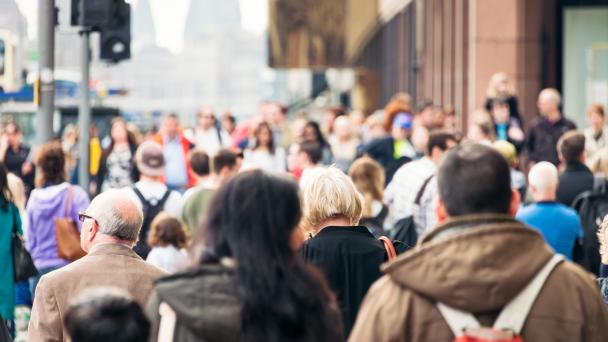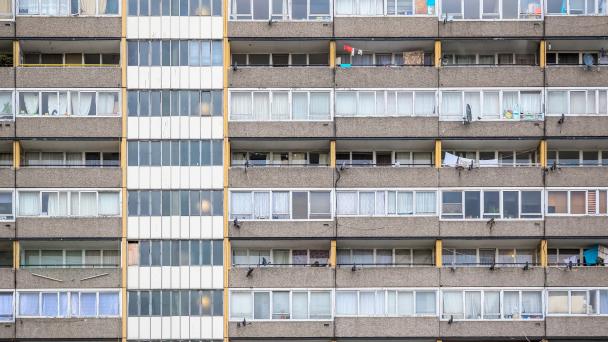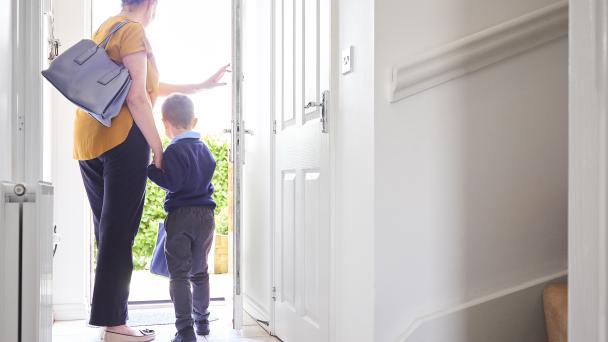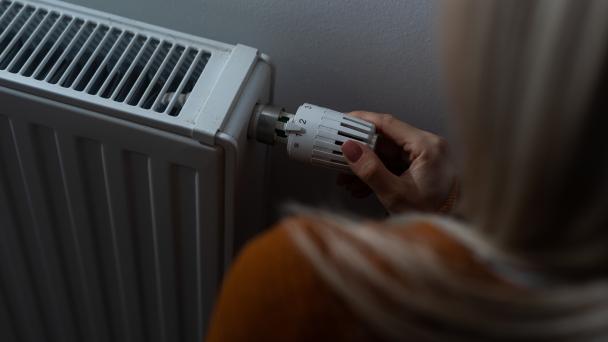BSA 40: Secular or cyclical? 40 years of tracking public opinion


The last forty years have witnessed considerable change in the scope of government activity, in the levels of taxation and spending, and in the scale of defence spending in particular. But while voters may have ideological preferences in respect of the role and size of government, have their attitudes also been affected by the changes that have occurred in the role of government and by the changing circumstances with which government is faced? And in so far that is the case, have voters accepted the changes that have taken place – or have they sometimes reacted against them?








Receive a regular update, sent directly to your inbox, with a summary of our current events, research, blogs and comment.
Subscribe